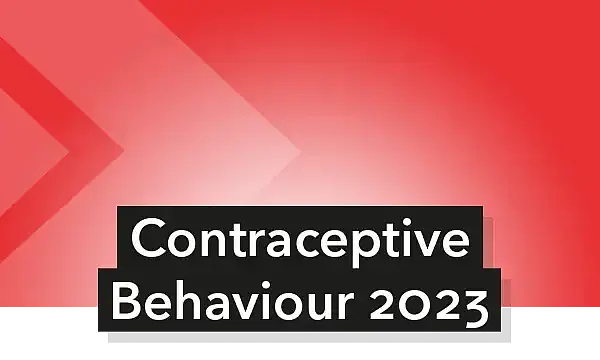The Federal Centre for Health Education (BZgA) commissioned a new representative survey of women and men on their contraceptive behaviour and knowledge. The survey was conducted in summer 2023.
Within the scope of the study, on the one hand, it was determined which procedures and methods of contraception are used by adult women and men. On the other hand, the information behaviour, the preferred sources of information as well as the knowledge of the respondents on the topic of contraception were of interest.
A total of about 1,001 sexually active women and men aged 18 to 49 participated in the study. The survey was conducted with the help of computer-assisted telephone interviews.
The first results will be available at the end of 2023.


